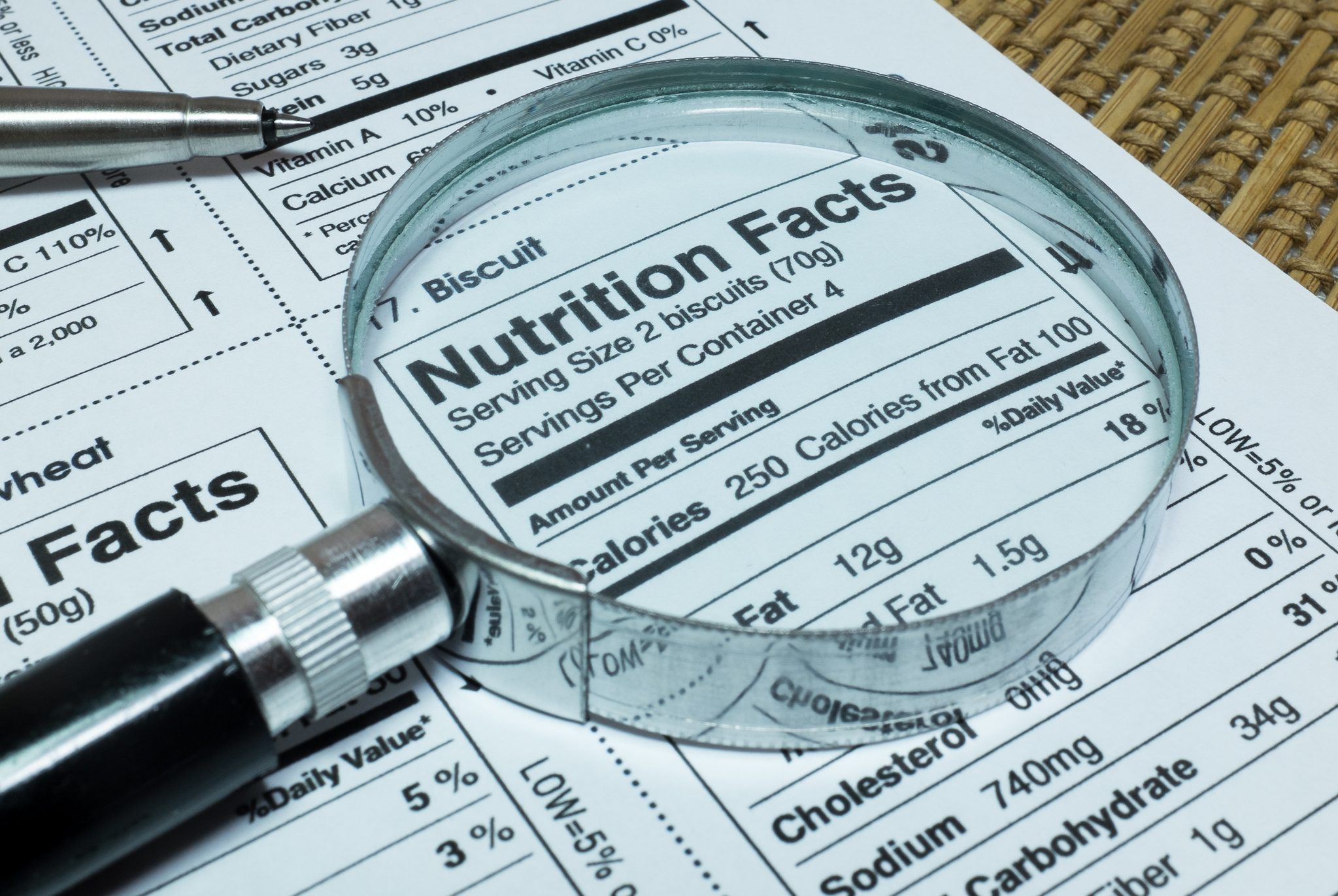We are all familiar with the labels that appear on every packaged food item we buy, but what they actually tell us about our food is another story. Consumers continue to have confusion about Expiration, Use-By, and Sell By dates in particular. UConn Extension experts can shed some light on the food label mystery to help Connecticut residents be more informed the next time they shop.
Currently, there are no federal regulations related to food product date labels other than infant formula and baby foods. Date labeling regulations are left up to the individual states, which means consumers have to try to understand a patchwork of confusing terms that will be different things in different states.
Changes Afoot
There is a bipartisan group in Congress reintroducing legislation to standardize and improve date labels, aimed to reduce food waste and help families save money on their grocery bills.
In addition to using the same terms across the nation, this legislation could have major implications for food waste. According to the FDA, 30-40% of all food ends up wasted and thrown in the garbage. This equates to 160 billion pounds or $218 billion worth of food each year. That’s about $670 worth of food waste per person in the United States.
Households are the largest source of food waste in the country, and studies have shown that confusing date labels play a major role. In addition, domestic food production accounts for significant land and water usage and energy consumption, resulting in 11% of the U.S. greenhouse gas emissions. Food waste is costly, not good for the environment, and unnecessarily impacts consumers’ financial wellbeing.
The Food Date Labeling Act of 2023
The Food Date Labeling Act establishes an easily understood food date labeling system, “Best if Used By.” It communicates to consumers that the quality of the food product may begin to deteriorate after the date and “Use By” communicates the end of the estimated period of shelf life, after which the product should not be consumed. Under the bill, food manufacturers decide which of their products carry a quality date or a discard date.
The act also allows food to be sold or donated after it’s labeling quality date, helping more food reach those who need it.
The Food Date Labeling Act of 2023 was introduced May 9, 2023, by a group including US Sen. Richard Blumenthal.
“This legislation would provide consumers and grocers with a clear, consistent food labeling system,” Blumenthal said in a press release about the Act. “Current labels lack clarity about when products are safe to eat—discouraging donations and contributing to food waste and insecurity. The Food Date Labeling Act is an important step toward streamlining our labeling process and reducing the 40 percent of our nation’s food supply that is thrown away every year.”
In the meantime, consumers need to continue navigating the current food labeling system. With food prices remaining stubbornly high, it is more important than ever that consumers make the best use of the groceries they purchase and feel confident that the food they purchase is safe.
UConn Extension connects the public with the research and resources of Connecticut’s land-grant university, UConn. UConn Extension is comprised of faculty in the College of Agriculture, Health and Natural Resources.



